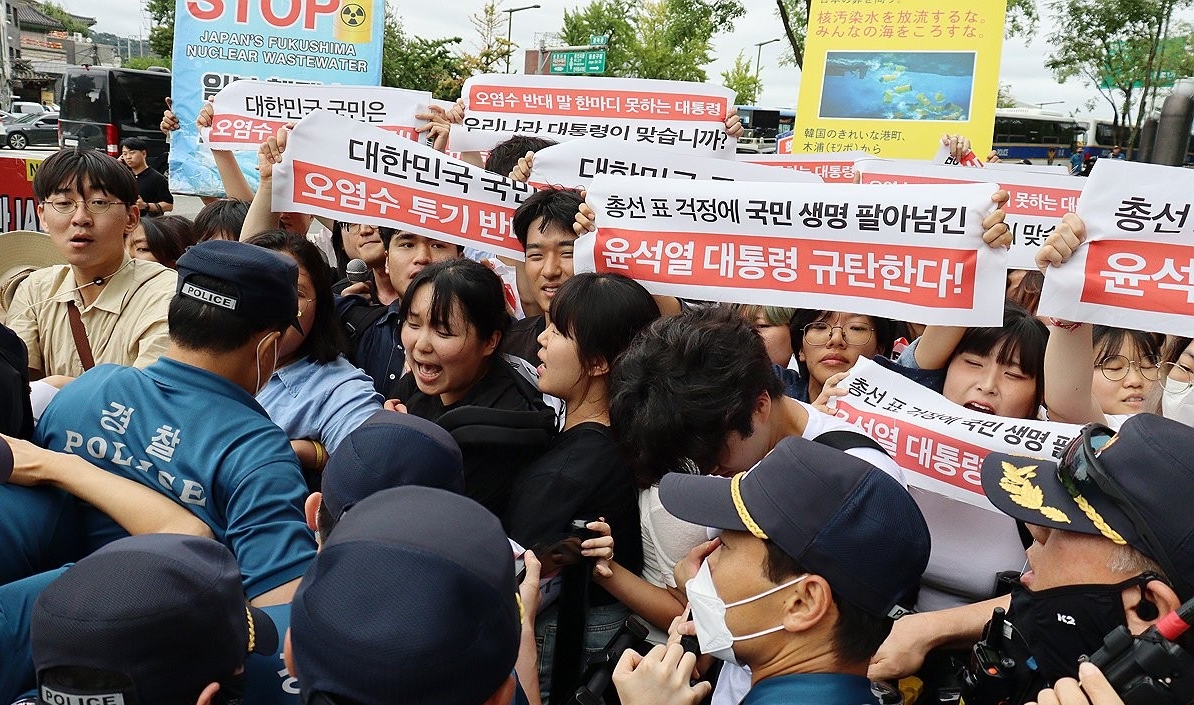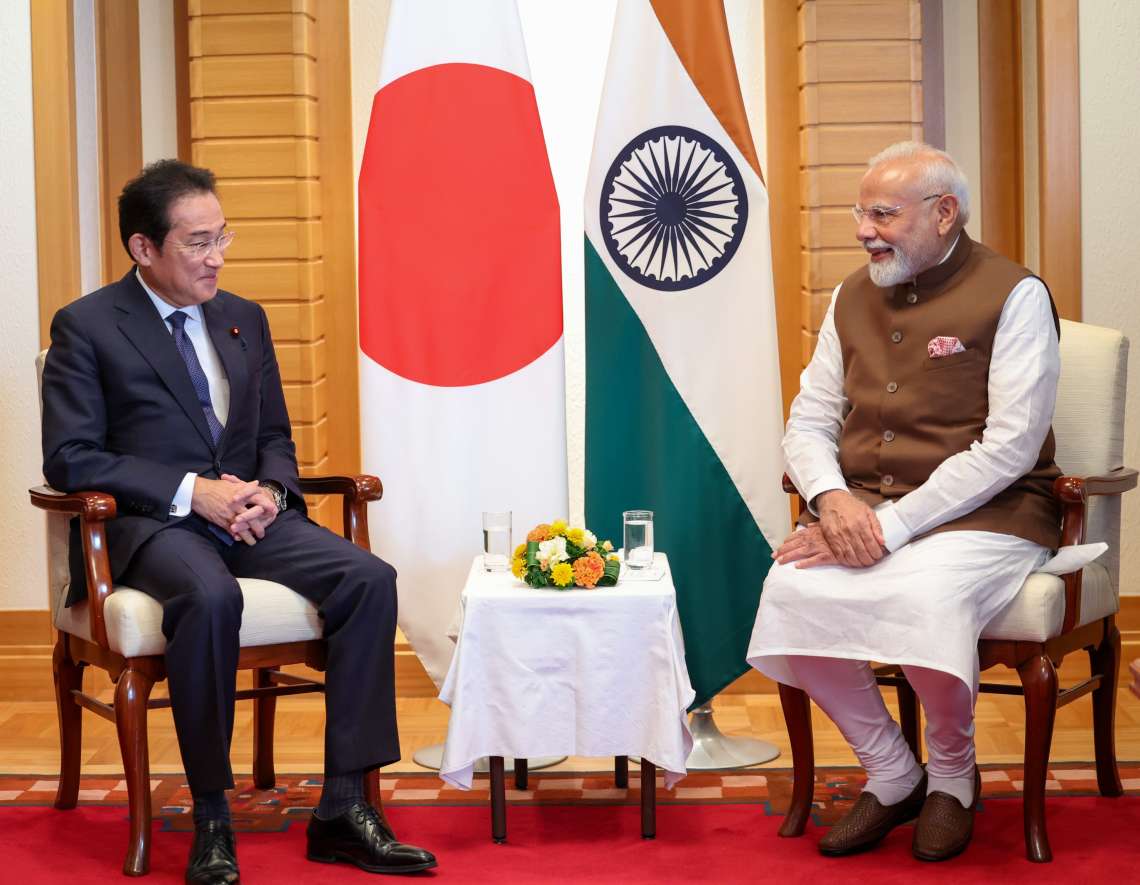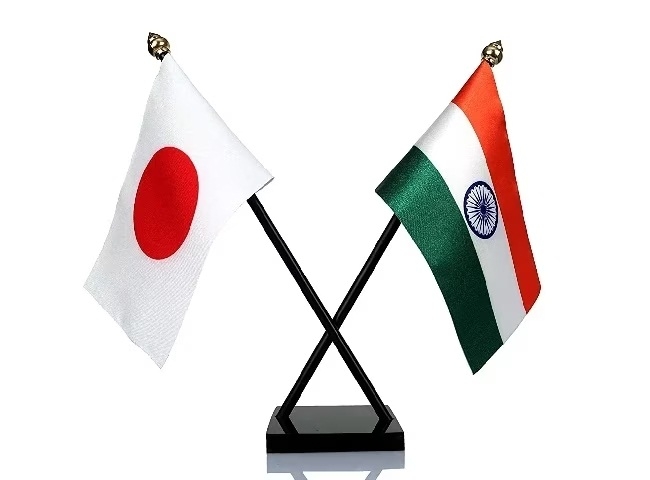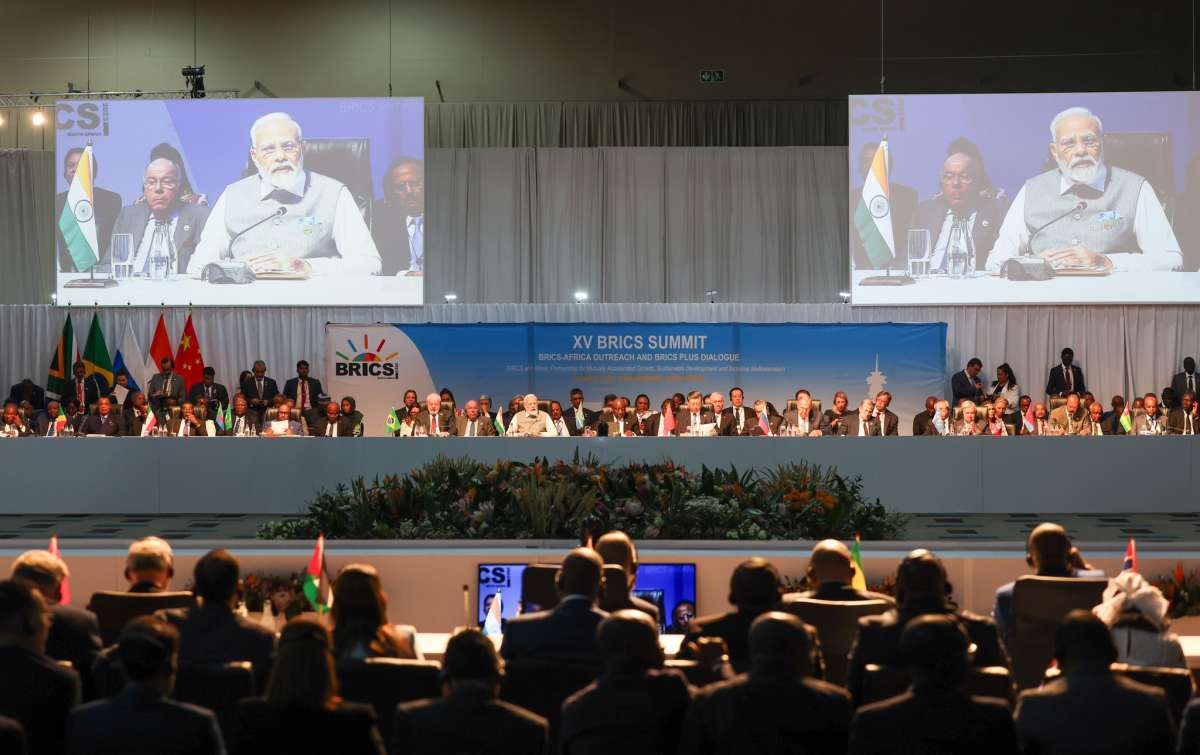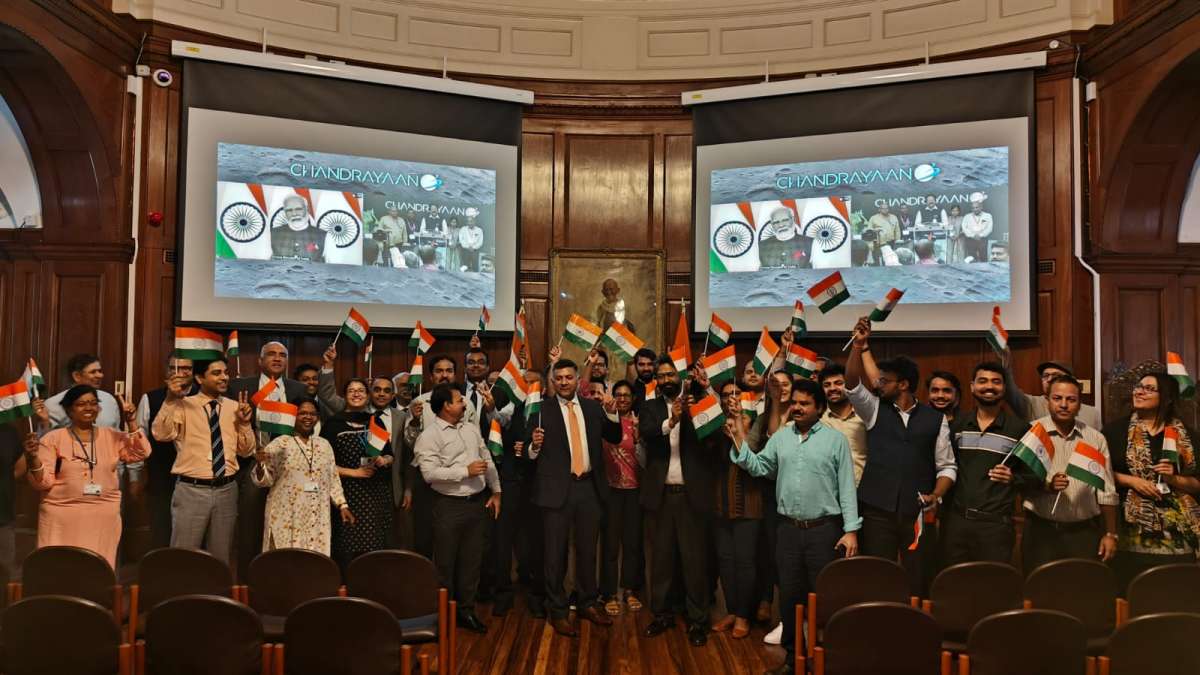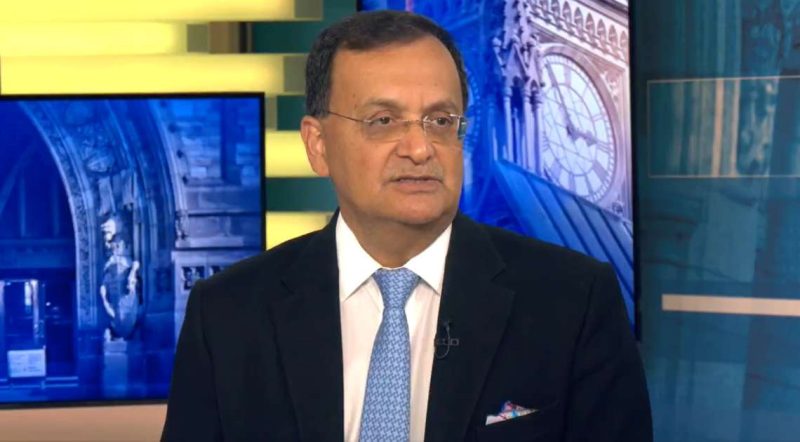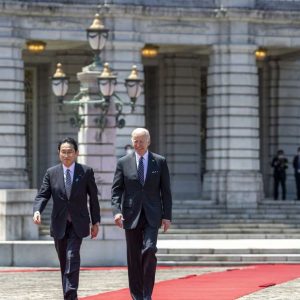Local fishermen in Japan have opposed the water release proposal because they fear it will further damage the reputation of their seafood goods….reports Asian Lite News
Japan has begun releasing treated radioactive water from the crippled Fukushima Daiichi nuclear power plant into the sea on Thursday, amid concern among local fishermen and some neighbouring countries regarding its impact on the environment, Kyodo News reported.
Earlier in the week, the Japanese government had announced that it would begin discharging the water used to cool melted nuclear fuel at the plant that has been treated through a state-of-the-art liquid processing system capable of removing most radionuclides, except tritium, according to Kyodo News.
Kyodo News showcases a selection of major stories reported from Japan and other parts of the world.
The water release started around 1 pm (local time).
The contentious decision was made at a ministerial meeting on Tuesday morning because a sizable volume of water has accumulated at the site since the nuclear disaster in 2011, which was brought on by a devastating earthquake and subsequent tsunami.
In April 2021, Yoshihide Suga, Kishida’s predecessor, gave his approval for the water release into the Pacific Ocean “in about two years”. The current administration announced in January that the plan would be implemented sometime between “spring to around summer,” as reported by Kyodo News.
Earlier, in July, the International Atomic Energy Agency (IAEA) concluded that Japan’s plan is in accordance with the global safety standards and would have a “negligible radiological impact on people and the environment,” instigating the government to start discharging the water.
While several European nations have relaxed import restrictions on Japanese food, China has instituted blanket radiation testing on its neighbour’s seafood exports in an apparent effort to persuade Tokyo to abandon its plan, causing diplomatic strain.
Beijing has been opposed to the proposed water discharge for years, refusing to adopt the pseudo-scientific term “treated” to minimise the dangers of the “nuclear-contaminated water,” according to Kyodo News.
Based on its own examination of Japan’s plan, the South Korean government has stated that it respects the findings of the IAEA review; however, the opposition parties in the nation continue to express concerns about the harmful impacts of water disposal.
Local fishermen in Japan have opposed the water release proposal because they fear it will further damage the reputation of their seafood goods. They argue that they have already put forth years of arduous effort to rebuild customer trust following the initial nuclear calamity.
Kyodo News reported citing sources familiar with the situation that the government has decided to release the treated water before the start of the trawl fishing season off Fukushima in September in light of the fishing community’s concerns.
Japanese Prime Minister Fumio Kishida visited the Fukushima Daiichi nuclear facility on Sunday and spoke with the chairman of Japan’s national fishing federation the following day in the prime minister’s office in an effort to persuade fishermen to agree to the government’s proposal.
Masanobu Sakamoto, the head of the National Federation of Fisheries Cooperative Associations, has continued to oppose the water release, claiming that it will harm the reputation of seafood from Fukushima and the surrounding areas.
At the meeting on Monday, Kishida vowed to keep attempting to get local fishermen’s support for his administration’s initiatives to ensure the safety of the water and its responses to potential reputational damage.
The government has established two separate funds with a combined value of 30 billion yen (USD 206 million) and 50 billion yen, which are intended to address any unfavourable rumours and aid regional fishermen in maintaining their enterprises.
Since the nuclear disaster, water has been stored at the site in more than a thousand tanks. It has been treated using an advanced liquid processing system, which is thought to be able to remove all radionuclides but tritium.
Tokyo Electric Power Company Holdings Inc., the facility’s operator, has asserted that the tanks are getting close to capacity and may approach their maximum as early as 2024 if the operator doesn’t start releasing the treated water, which is currently stored in excess of 1.3 million tonnes, as reported by Kyodo News.
Before being released via an undersea tunnel one kilometre from the facility, the treated water will be diluted with salt water to a concentration that is one-fourth of what is permitted by Japanese safety rules.
Japan, meanwhile, has noted that nuclear power reactors located in China and South Korea have both previously released liquid waste containing significant quantities of tritium into the sea.
Given that it emits very low amounts of radiation and does not build or concentrate inside the human body, tritium is recognised to be less damaging to the human body than other radioactive elements such as caesium and strontium.
However, critics claim that there is insufficient long-term data to determine if the radioactive substance is unquestionably safe for people and the environment, Kyodo News reported. (ANI)


